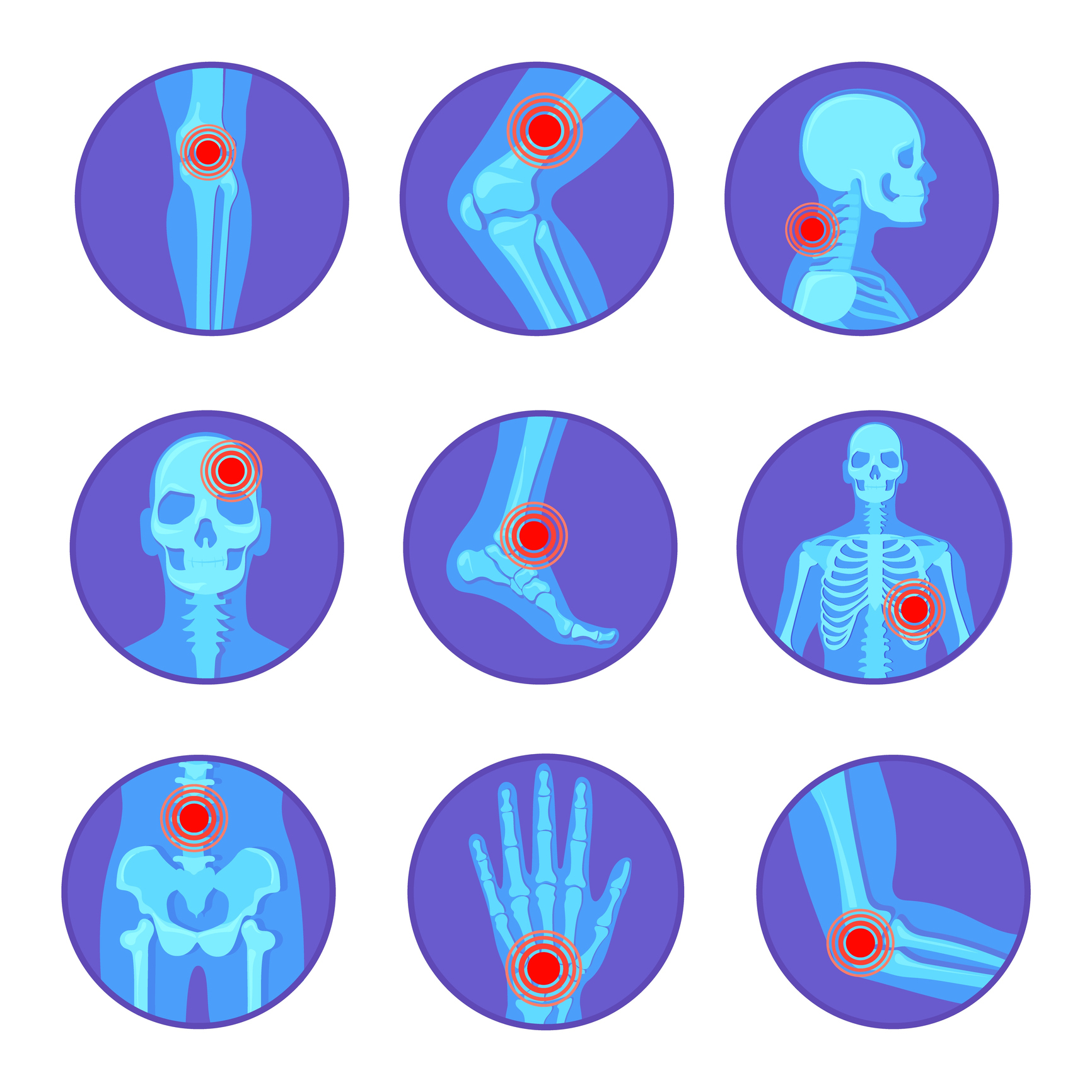Kashin-Beck disease (KBD) is an endemic chronic osteochondropathy. The clinical manifestations and radiographic features of KBD were similar to that of osteoarthritis (OA).
We first performed a genetic association scan of 32 OA susceptibility genes with KBD in 898 Han Chinese subjects. The MassARRAY genotyping system (Agena) was used for SNP genotyping. PLINK 1.9 was used for quality control and association testing. Using articular cartilage specimens from 7 adult KBD patients and 4 healthy control subjects, lentivirus-mediated RNA interference (RNAi), qRT-PCR, Western blot and immunohistochemistry were employed to validate the functional relevance of TP63 in KBD chondrocyte.
SNP genotyping and association analysis identified TP63 (rs12107036, OR = 0.7133, P = 0.005) and OARD1 (rs11280, OR = 1.512, P = 0.004) were significantly associated with KBD. We found that TP63 was significantly up-regulated in KBD articular cartilage in both mRNA and protein level compared to healthy controls (P < 0.05). Lentivirus-mediated RNAi of TP63 suppression notably decreased the abundance of Caspase3 and SOX9 in chondrocytes. Most importantly, compared to the untransfected chondrocytes, the TP63 inhibition increased the production of ACAN. The mRNA expression of chondrocyte marker genes (COL2A1 and ACAN) was partly stable by TP63 knockdown relative to control group.
Our study identifies TP63 as a novel susceptibility gene for KBD, and demonstrates that inhibition of TP63 suppress chondrocyte apoptosis and partly facilitates chondrogenesis. The combination of SNP genotyping and genetic manipulation techniques provides a useful tool for understanding the biological mechanism and differential diagnosis studies of KBD and OA.
Copyright © 2021. Published by Elsevier Inc.
Genetic association scan of 32 osteoarthritis susceptibility genes identified TP63 associated with endemic osteoarthritis Kashin-Beck disease.


